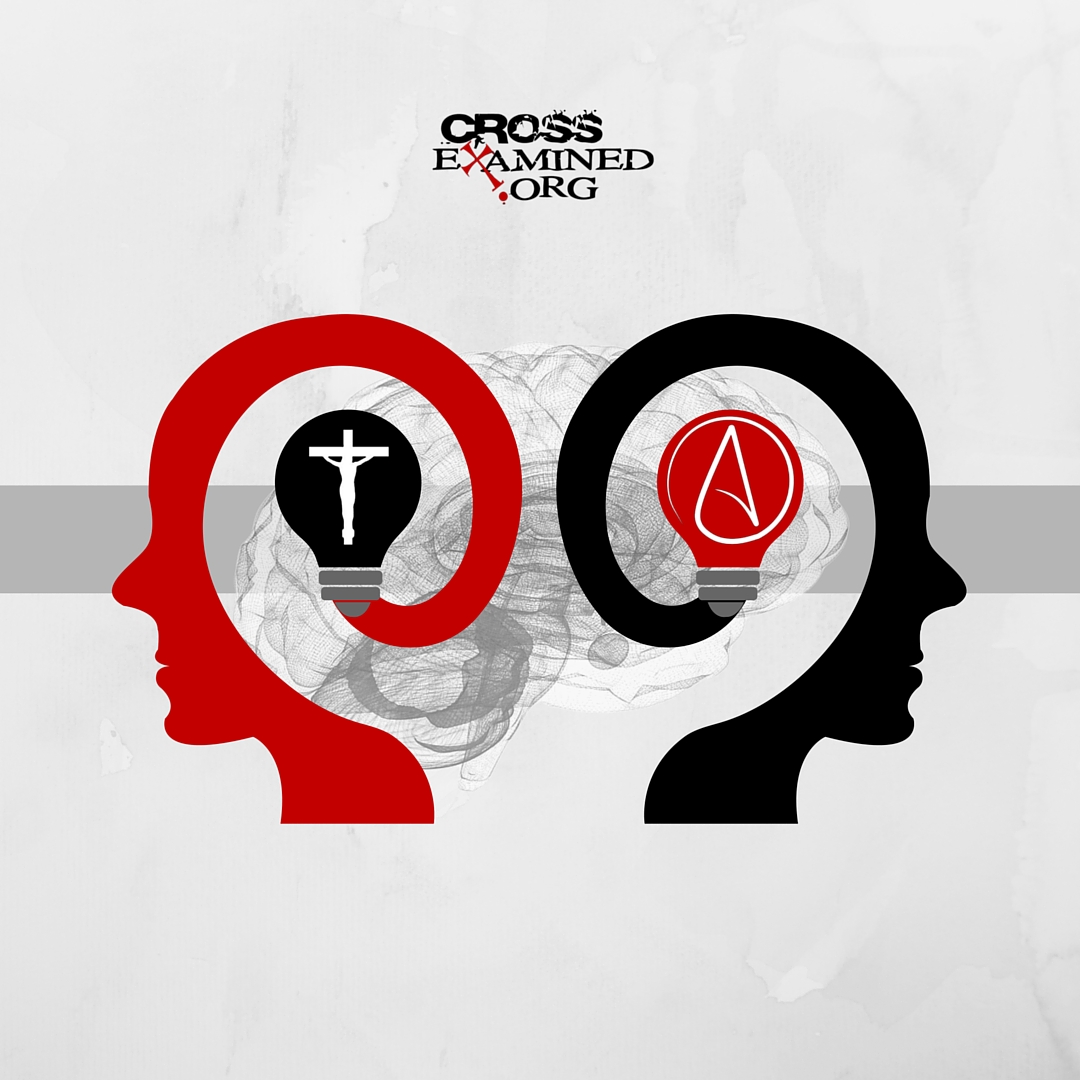The Wisdom Chronicle
The Wisdom Chronicle is designed to bring nuggets of wisdom from the dozens of books I read every year. I endeavor to share the best of what I have gleaned. The determination of relevance lies with you. Blessings, J. Whiddon
- MANY FLOOD ACCOUNTS “People who left Babel were not ignorant of their past. They were well aware of creation and the Flood, having had a common grandfather (Noah) who was a preacher (2 Peter 2:52). Furthermore, Noah and Shem lived 350 and 500 years after the Flood, giving the people ample time to learn even more details.
But with this in mind, as the events at Babel unfolded and people were scattered to various parts of the world, it is reasonable to expect them to take their history with them and pass it along to subsequent generations. It is also reasonable to expect that these accounts would be embellished, lose information, or otherwise be changed or aspects forgotten.
There are accounts of the flood from at least 23 widespread regions and cultures around the world. From example, the Babylonian account in the ancient Epic of Gilgamesh has a cube for an ark instead of proper ocean-surviving dimensions as the biblical ark has (300 by 50 by 30 cubits).”
Excerpt From: Hodge, Bodie. “Tower of Babel.”
- LOVE WRONG PLACES “Children and teenagers need unconditional love and acceptance today no less than they did 30 or 50 years ago. But they cannot get unconditional love and acceptance from their peers or from a report card. That’s one reason why there has been an explosion in the prevalence of anxiety and depression among American teenagers, as they frantically try to secure their attachment to other teens, as they try to gain unconditional love and acceptance from sources that are unable to provide it.
Many American parents accept this situation as an inevitable consequence of 21st-century life. But they are mistaken. This phenomenon—of kids valuing their relationships with same-age peers, or their sports, or their academics, or their after-school activities, above their relationships with parents—is far more prevalent in North America than elsewhere. Most kids in Ecuador, Argentina, and Scotland still look forward to spending free time with parents, grandparents, aunts, and uncles, just as American kids might have two generations ago. As one Scotsman told me, “We don’t even think much about ‘generations.’ We just all enjoy doing things together.”
Excerpt From: Sax, Leonard. “The Collapse of Parenting.”
- JUST DO IT “So that morning in 1962 I told myself: Let everyone else call your idea crazy . . . just keep going. Don’t stop. Don’t even think about stopping until you get there, and don’t give much thought to where “there” is. Whatever comes, just don’t stop.
That’s the precocious, prescient, urgent advice I managed to give myself, out of the blue, and somehow managed to take. Half a century later, I believe it’s the best advice—maybe the only advice—any of us should ever give.”
Excerpt From: Knight, Phil. “Shoe Dog.”
- SMALL THINGS MATTER The professional baseball season consists of a marathon 162 games. If a team wins 10 of every 20 games, they will likely not make the postseason playoffs. If they win 11 out of 20 games, they are almost assured of making the playoffs. (Prager U)
- CIVIL WAR MONEY “The South’s financial strength depended on one overriding condition: that investors should be able to take physical possession of the cotton which underpinned the bonds if the South failed to make its interest payments. Collateral is, after all, only good if a creditor can get his hands on it. And that is why the fall of New Orleans in April 1862 was the real turning point in the American Civil War. With the South’s main port in Union hands, any investor who wanted to get hold of Southern cotton had to run the Union’s naval blockade not once but twice, in and out. Given the North’s growing naval power in and around the Mississippi, that was not an enticing prospect.
If the South had managed to hold on to New Orleans until the cotton harvest had been offloaded to Europe, they might have managed to sell more than £3 million of cotton bonds in London. But the cotton tap had been turned off and then lost the ability to turn it back on. By 1863 the mills in Britain had found new sources of cotton in China, Egypt and India. And now investors were rapidly losing faith in
the South’s cotton-backed bonds. The consequences for the Confederate economy were disastrous.
With its domestic bond market exhausted and only two paltry foreign loans, the Confederate government was forced to print unbacked paper dollars to pay for the war and its other expenses, 1.7 billion dollars’ worth in all. Both sides in the Civil War had to print money, it is true. But by the end of the war the Union’s ‘greenback’ dollars were still worth about 50 cents in gold, whereas the Confederacy’s ‘greybacks’ were worth just one cent. The situation was worsened by the ability of Southern states and municipalities to print paper money of their own; and by rampant forgery, since Confederate notes were crudely made and easy to copy. With ever more paper money chasing ever fewer goods, inflation exploded. Prices in the South rose by around 4,000 per cent during the Civil War. By contrast, prices in the North rose by just 60 per cent. Even before the surrender of the principal Confederate armies in April 1865, the economy of the South was collapsing, with hyperinflation as the sure harbinger of defeat.”
Excerpt From: Ferguson, Niall. “The Ascent of Money.”
- JESUS CONFRONTED “Jesus’ interaction with the religious experts of His time was rarely even cordial. From the time Luke first introduces us to the Pharisees in Luke 5:17 until his final mention of the “chief priests and rulers” in Luke 24:20, every time the religious elite of Israel appear as a group in Luke’s narrative, there is confflict. Often Jesus Himself deliberately provokes the hostilities. When He speaks to the religious leaders or about them—whether in public or in private—it is usually to condemn them as fools and hypocrites (Luke 11:40; 12:1; 13:15; 18:10–14). When He knows they are watching to accuse Him of breaking their artificial Sabbath restrictions or their manmade systems of ceremonial washing, He deliberately defies their rules (Luke 6:7–11; 11:37–44; 14:1–6). On one occasion, when He was expressly informed that His denunciations of the Pharisees were insulting to the lawyers (the leading Old Testament scholars and chief academicians of that time), Jesus immediately turned to the lawyers and fired off a salvo at them, too (Luke 11:45–54).”
Excerpt From: John F. MacArthur. “The Jesus You Can’t Ignore.”
- PROVIDENCE “We toss the word around. But have you ever analyzed it? It comes from the Latin, providentia. Pro means “before” or “ahead of time”; videntia is from videre, meaning “to see,” from which we get our word “video.” [Now that should sound familiar to everyone!] Put them together, and you have “seeing ahead of time,” which is what Almighty God does. He sees the events of life ahead of time—something which we of course can never do. We’re great at history. Our hindsight is almost always 20/20. But we’re lousy at prophecy, that is, the specifics of the future. Stop and think. We’ve no clue as to what will happen one minute from now, no idea what’s going to happen next. But our invisible God, in his providentia, is continually, constantly, and confidently at work.” Excerpt From: Charles R. Swindoll. “Esther.”
- GREAT QUOTES
“Money may not buy friends but it will help you to stay in contact with your children.”
“As long as there are final exams there will be prayer in schools.”
“Flattery is what makes husbands of bachelors.”
“Nice thing about long range goals—you don’t get frustrated with short range failures.”
Excerpt From: Reagan, Ronald. “The Notes.”
- PERFECT BOOK “Acts records the history of the early church. Chapters 1–12 are quite different from chapters 13–28. The former feature Peter, and his speeches are delivered mostly to Aramaic, Hebrew-speaking Jews at a time when Christianity was still in its infancy. The latter feature Paul, and his speeches are delivered mostly to Greek-speaking Gentiles in subsequent years.
Now here’s what I find interesting: Cambridge New Testament scholar G. N. Stanton discovered that the grammar, literary style, theological motifs and emphases, tone, and use of the Old Testament are different in Acts 1–12 compared to 13– 28. Moreover, the speeches in 1–12 contain a number of Semitic phrases and other features that indicate it is a Greek translation from an early Aramaic source. This is exactly what one would expect if these narratives, particularly the speeches, were historically accurate. Why? Because Peter is the speaker in Acts 1–12 and he is allegedly addressing Jews in Aramaic, whereas Paul is the speaker in Acts 13–28 and he is addressing Gentiles in Greek. This discovery by Stanton increases our confidence in the historical reliability and early dating of the speeches in Acts 1-12.”
Excerpt From: Moreland, J.P. “Love Your God with All Your Mind.”
- OFFICE SEEKERS Responding to the question, “These Are the Best We Can Do?” : Alexis de Tocqueville answered this question some 180 years ago in his seminal work “Democracy in America.” “In the United States . . . the pursuit of wealth generally diverts men of great talents and strong passions from the pursuit of [political] power; and it frequently happens that a man does not undertake to direct the fortunes of the state until he has shown himself incompetent to conduct his own. The vast number of very ordinary men who occupy public stations is quite as attributable to these causes as to the bad choice of democracy. In the United States I am not sure that the people would choose men of superior abilities even if they wished to be elected; but it is certain that candidates of this description do not come forward.”
Only those elected through the current failed system have the power to change it, but having come to power through that very system, they are the least likely to do so. (WSJ 4-13-16)




Leave a Reply
Want to join the discussion?Feel free to contribute!